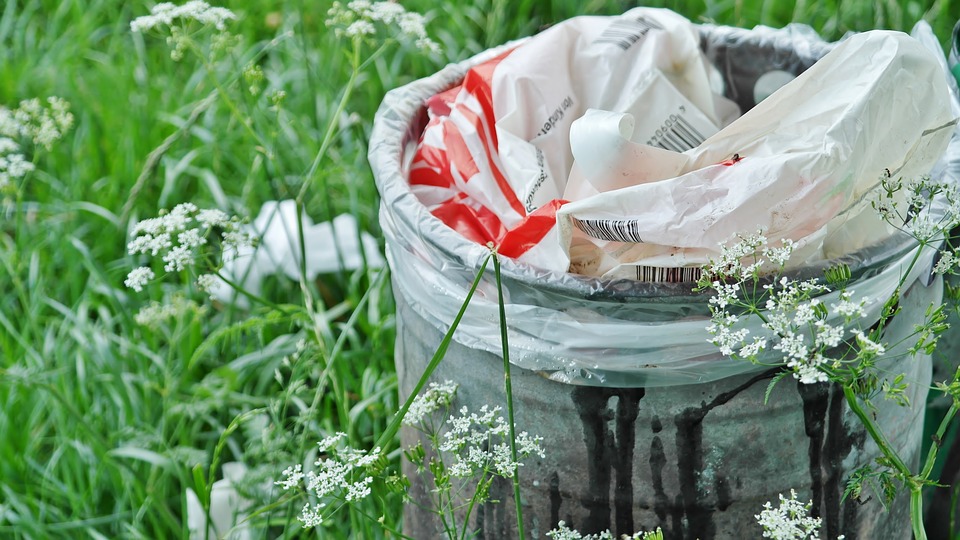The international call for a stronger approach to (plastic) waste is getting louder
The Dutch and Portuguese animal welfare parties have recently submitted proposals to tackle the problems related to the large quantities of waste. Among others, the parties propose to prohibit the use of harmful microplastic ingredients in products, to expand the deposit system and to reduce the use of disposable items in the catering industry. Moreover, the European Commission now seems to want a ban on disposable plastic.

So much plastic is being used that by 2050, there will be more plastic waste in the oceans than fish. Experts at the World Economic Forum Davos already warned about this in 2016. The Dutch Party for the Animals has been arguing for years for an extension of the deposit system to small plastic bottles and cans. Research shows that deposits on cans and small bottles reduce their presence in the environment by 70 to 90%. Therefore, last month, the Party for the Animals also submitted motions to introduce a deposit on plastic bottles and metal cans as soon as possible and to significantly reduce the number of disposable cups.
And the Dutch Party for the Animals is not alone in their fight for a stronger approach to (plastic) waste. Her Portuguese sister party, PAN (Pessoas Animais Natureza, or People Animals Nature), has also submitted three proposals to structurally reduce (plastic) litter. Last week, the party submitted a proposal to introduce a deposit system for cans, glass bottles and plastic bottles. In January, the party successfully presented two other proposals: one to ban all plastic disposable materials (such as plastic plates, cutlery and cups) from the catering industry and one to ban the use of microplastic in products such as cosmetics. Microplastics are very small balls of plastic and because they literally disappear through the drain, they pollute the waters and pose a danger to our water and sea animals.
Meanwhile, the European Commission has also recognized the problem of plastic waste and seems to be taking stricter measures. The Commission’s plan against disposable plastic is presented on May 23rd. The plan is mainly aimed at tackling the use of disposable plastic. According to the European Commission, that kind of plastic accounts for half of all the plastic that ends up in the ocean.
A danger to humans and animals alike
Measures prove to be very necessary as the amount of plastic waste in the world is growing at an alarming rate. Every year, 311 million tons of new plastic are generated worldwide, half of which is for single use only. More than 5 million tons of plastic waste end up in the ocean every year. All waste poses a threat to human and animal health. Every year millions of animals are killed: from fish and birds to turtles and dolphins. The plastic that ends up in the oceans does not degrade completely but disintegrates into smaller and smaller pieces, which also become increasingly more toxic. Animals confuse the plastic pieces for food and get poisoned or suffocated. The gigantic quantities of plastic in the sea have an enormous impact on the health of sea animals and thus on the entire ecosystem.